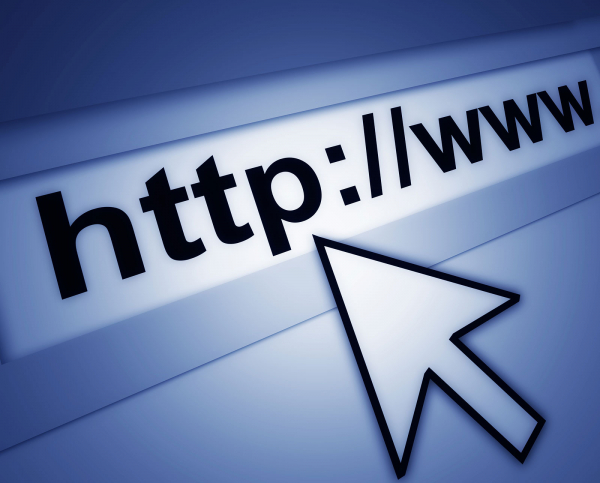
ZIMBABWE experienced an Internet blackout yesterday, which analysts said was likely caused by government suppressing the spread of information and a precursor to wanton human rights abuses in the wake of countrywide demonstrations against high fuel prices and a failing economy.
BY TATIRA ZWINOIRA
A national shutdown called for by the country’s biggest labour body, the Zimbabwe Congress of Trade Unions (ZCTU), started on Monday with most people sharing messages via Over The Top messaging services such as WhatsApp, Twitter and Facebook to communicate.
However, the communication ceased around 10am yesterday on the NetOne, Econet and Telecel mobile networks, and other Internet service providers with experts blaming the blackout on government interference.
“Yes, indeed (there is an Internet blackout)… I am actually preparing to go to the office but for us we have not done anything or issued anything.
I am actually trying to find out from the mobile operators to also and try to find out what is happening.
I will also engage the security organs to also try and find out,” Postal and Telecommunications Regulatory Authority (Potraz) director-general Gift Machengete told NewsDay yesterday.
Machengete was later engaged in a series of meetings with the relevant parties over the social media blockage and could not immediately provide an update.
- Chamisa under fire over US$120K donation
- Mavhunga puts DeMbare into Chibuku quarterfinals
- Pension funds bet on Cabora Bassa oilfields
- Councils defy govt fire tender directive
Keep Reading
In terms of Internet service providers, this is largely made up of Liquid Telecoms which had a 76,6% market share as at the end of the second quarter of last year according to the latest Potraz data, followed by TelOne (16,6%), Powertel (3,3%), Dandemutande (2,1%), and Africom (0,4%).
It is not the first time government has been accused of blocking the Internet.
Back in July 2016, when #ThisFlag founder Evan Mawarire launched a successful national shutdown, social media, just like yesterday, was blocked for most of the day.
At the time, many ICT experts suspected government of being behind the Internet shutdown.
According to an April 2016 report by the British news agency BBC News, governments can block the Internet by forcing service providers and telecoms companies to block access to specific IP addresses.
IP addresses, which is basically an Internet address or phone number, is like an identification of a website, backed by servers.
The report added that smartphone applications, like WhatsApp, will try to connect to its own server, but won’t be able to if the Internet service provider is blocking connections.
Econet spokesperson Lovemore Nyatsine was unavailable for comment on the matter.
BBC News, in the report, explained that in light of this, it was fairly easy to pinpoint a specific site or application and block access making social networks fairly powerless.
“It is definitely blocked…it was about two hours ago [10am] that we started to notice that social media platforms were blocked. The Internet was working fine, but now we realise that it is also actually blocked too. Naturally, when things like this [national shutdown] do happen I think they [government] see it as a national security threat,” Zimbabwe Information and Communication Technology (ZICT) chairperson Jacob Mutisi said.
“It seems like government has devised a way of blocking social media…The problem is cyber security is not centralised in Zimbabwe. The police have got their own cyber security unit, the [Central Intelligence Organisation] CIO and army so each and every government sector has got its own cyber security unit independent of each other.
So one might be playing around with the Internet without the other actually knowing what is going on.”
He said the reason why this was possible was due to Zimbabwe not having a centralised system like what happens in other countries that makes it hard for any party to block the Internet.
Zimbabwe consumed 6,1 million terabytes of data in the second quarter of 2018.











